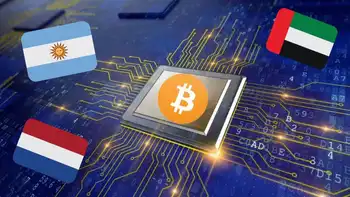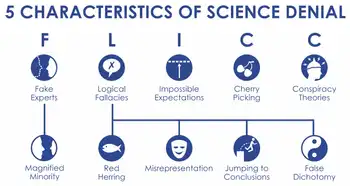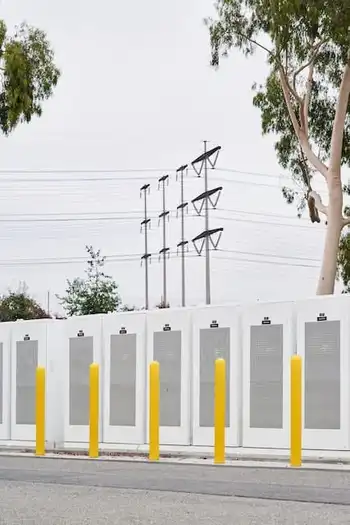Iran calls atom offer step forward
SHANGHAI, CHINA - Iranian President Mahmoud Ahmadinejad welcomed a proposal by world powers to defuse a standoff over Tehran's nuclear activity as a positive step but gave no sign when an answer would come.
Ahmadinejad, markedly more upbeat about the proposal on a trip abroad than he has been at home, said Iran was examining the offer of incentives for Tehran to stop enriching uranium, a process that could eventually yield atomic bombs.
He also warned Iran would not be concerned by possible sanctions if it rejects the June 6 offer.
Washington confirmed that penalties originally put into the package were left out when it was handed to Tehran.
This was to coax Iran to say "yes" and keep Russia and China united with Western powers behind the approach, diplomats said. Both states are big trade partners of Iran and oppose sanctions.
Iran would get trade and technology benefits if it halts enrichment work for a period possibly lasting years under the offer from the United States, Britain, France, Russia and China - the U.N. Security Council permanent members - and Germany.
The freeze would be required to establish trust that Iran wants nuclear energy only for electricity, as it insists, not arms as the West suspects. The offer leaves open the possibility of subsequent enrichment in Iran under strict monitoring.
Ahmadinejad condemned the proposal as it was being drafted as tantamount to Iran accepting "candies for gold" but said during a visit to China the offer was a "step forward".
"My colleagues are carefully considering the package of proposals offered by the six countries to the Islamic Republic of Iran and in due time they will give the response," he told a news conference in Shanghai through a translator.
Ahmadinejad deflected queries about when Iran would respond and what its counter offers might be.
In Iran's complex power structure, final decisions on key matters of state rest with Supreme Leader Ayatollah Ali Khamenei, not the president.
Khamenei declared that "the continuation of this scientific move is among (our) prominent and main objectives" in a reference to Iran's nuclear program.
Iranian Deputy Foreign Minister Seyed Abbas Araghchi repeated Iran's position that it would like to negotiate on the package but not under the six powers' precondition that uranium enrichment stops first.
Western officials fear Iran may stall a decision past an unofficial July deadline to buy time to perfect enrichment technology and expand the program to make it a fait accompli.
The six big powers urged Iran to take up the offer, but Western envoys soft-pedaled previous threats of possible sanctions.
In Washington, U.S. national security adviser Stephen Hadley told reporters that EU foreign policy chief Javier Solana did not threaten penalties when he presented the package to Tehran.
"The goal here is to try and show to the Iranians an affirmative path, if they will suspend and return to the negotiations," he said. "But I think it's also very clear that there is another path if they refuse to do so, and that is a path that will involve consequences for the government."
Related News

Bitcoin consumes 'More electricity than Argentina' - Cambridge
LONDON - "Mining" for the cryptocurrency is power-hungry, involving heavy computer calculations to verify transactions.
Cambridge researchers say it consumes around 121.36 terawatt-hours (TWh) a year - and is unlikely to fall unless the value of the currency slumps.
Critics say electric-car firm Tesla's decision to invest heavily in Bitcoin undermines its environmental image.
The currency's value hit a record $48,000 (£34,820) this week. following Tesla's announcement that it had bought about $1.5bn bitcoin and planned to accept it as payment in future.
But the rising price offers even more incentive to Bitcoin miners to run more and more machines.
And as the price increases,…




